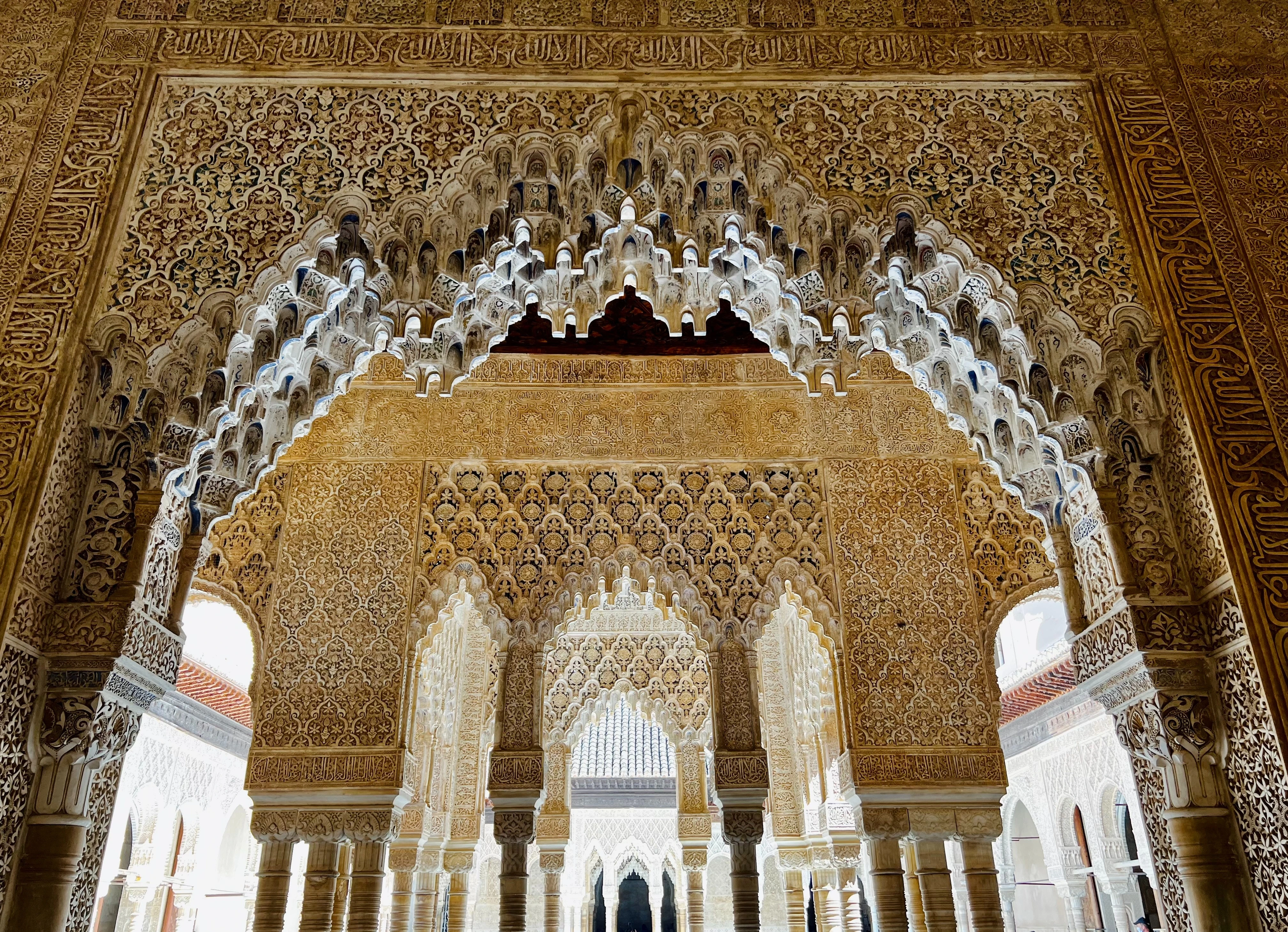Sample by My Essay Writer
Observers of the Middle East have frequently traced the rise of political Islam to the Arab defeat in the 1967 war. Was the 1967 defeat a turning point in this regard? If so, why? If not, how would you chart the rise of political Islam in the modern Middle East?
The rise of political Islam is a direct result of the Arab defeat in 1967’s six-day Arab-Israeli War. All three Arab states lost territory in the war after the Israeli military took possession of Golan Heights from Syria, then East Jerusalem and West Bank from Jordan, and then the Gaza Strip and Sinai Peninsula from Egypt.

The Egyptians were especially tarnished from the defeat because the nation was perceived by its people as being impenetrable. But that was proven untrue after Israel initiated air strikes against Egypt, Sryria, Jordan and Iraq on June 5. The war was then fought on the ground in Sinai, Golan Heights and to River Jordan. The battle ended up in Jerusalem’s Old City and in the Western Wall.
Israel wasn’t considered to be a great power at the time, but after the Israeli defeat of Egypt, a nation with millions of people and a prided military, power shifted drastically. The media even tried to cover up the losses of soldiers, but the wounded and dead Egyptians piled up and the defeat became more and more apparent. Many of those who speak Arabic, call the Six-Day War as “naksa,” which means “setback.”

Egypt was a leader in the Arab world, but after 44 years, Egypt isn’t nearly as powerful as it once was. Observers say the war created stagnation and even a regression of the Egyptian culture and the destruction of the nation’s politics. Since the war, education, culture, the economy, politics and sports have taken a hit in identity and progression.
The war is attributed by many observers as leading to the rise of political Islam, causing the hindrance of a democratic nation. A democratic state was hindered by the rule of Hosni Mubarak.
But the recent uprising from Islamist leaders in Egypt has changed the political atmosphere in the country. Islamist party leaders are advocating for change by calling for democracy and a focus on education and culture. While it is too early to tell whether this reform will come, early poll results of the current parliamentary election in Egypt are showing a majority support for Islamic political parties.
The anticipated reform could prevent another upheaval, according to columnist Abdullah Iskandar or the pan-Arab daily. He said the 1967 defeat was due to the political powers wanting to maintain their rule and making fewer decisions that could have helped win the war.







